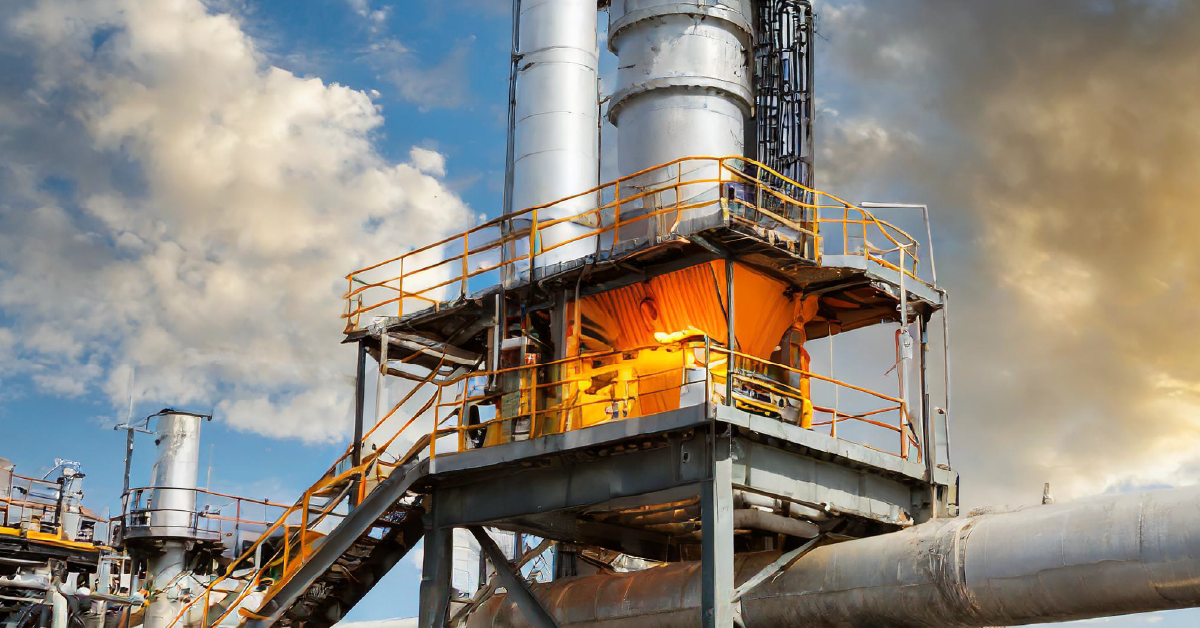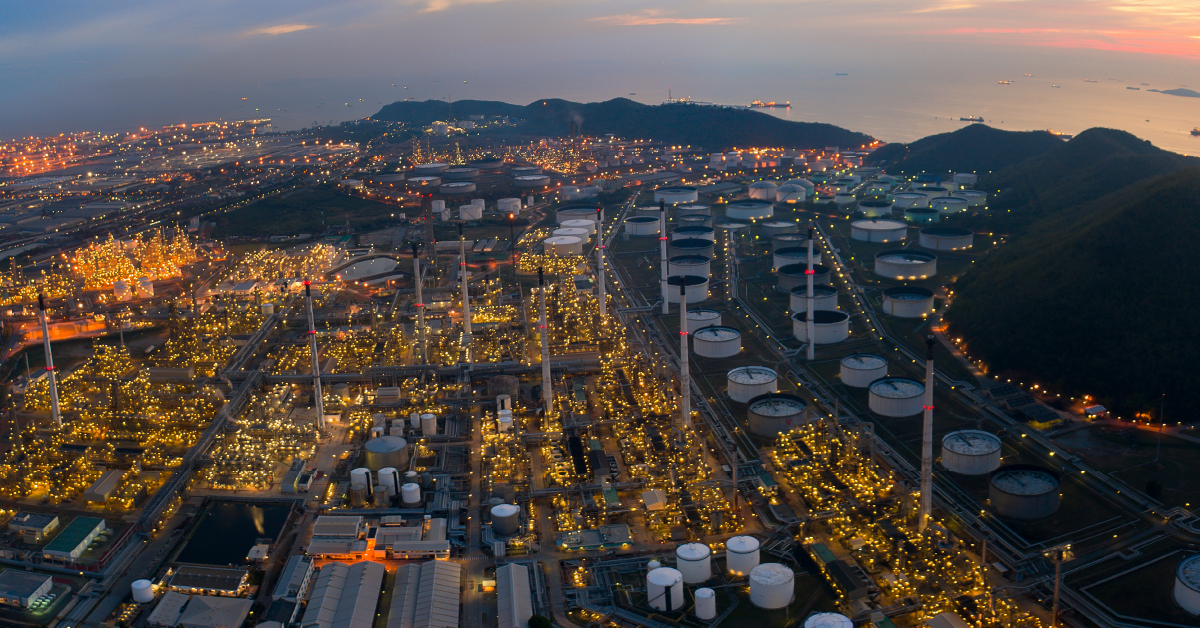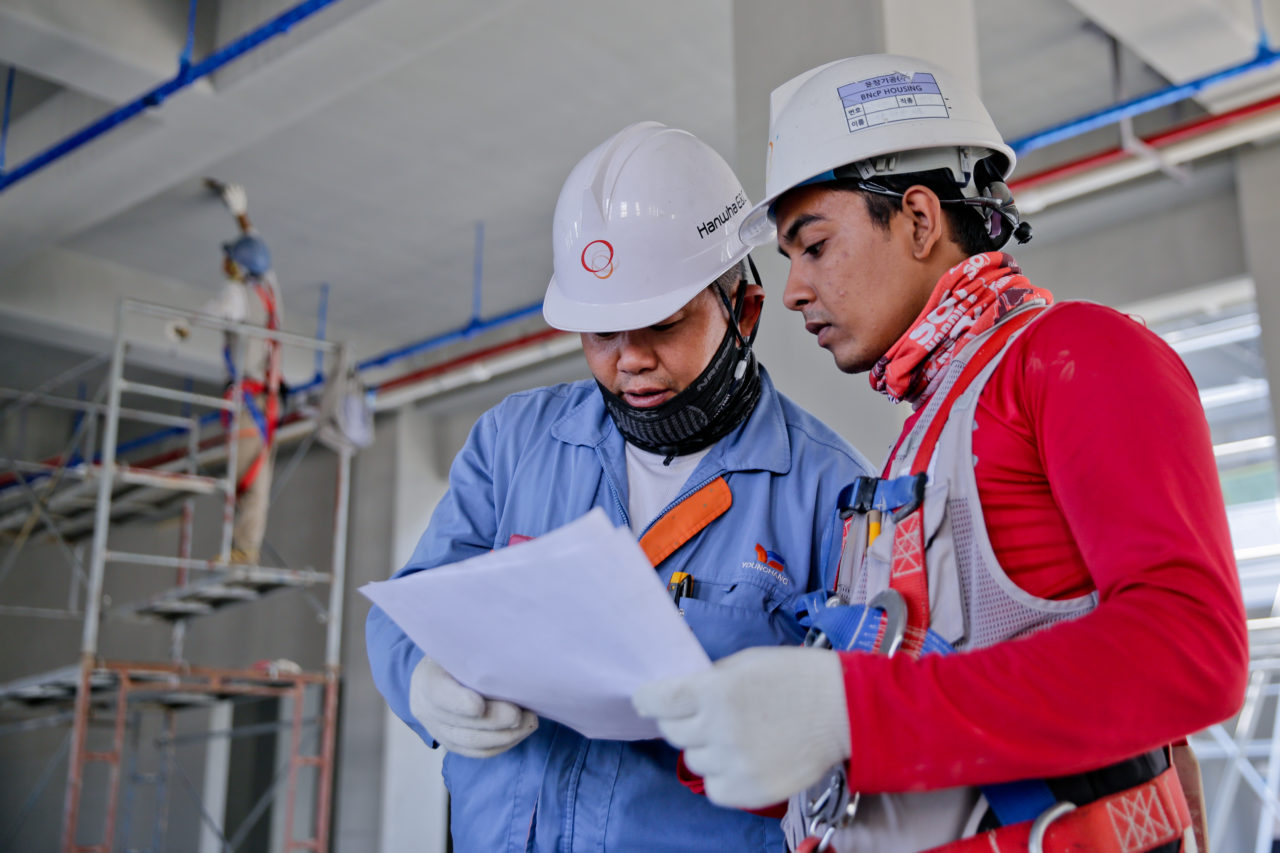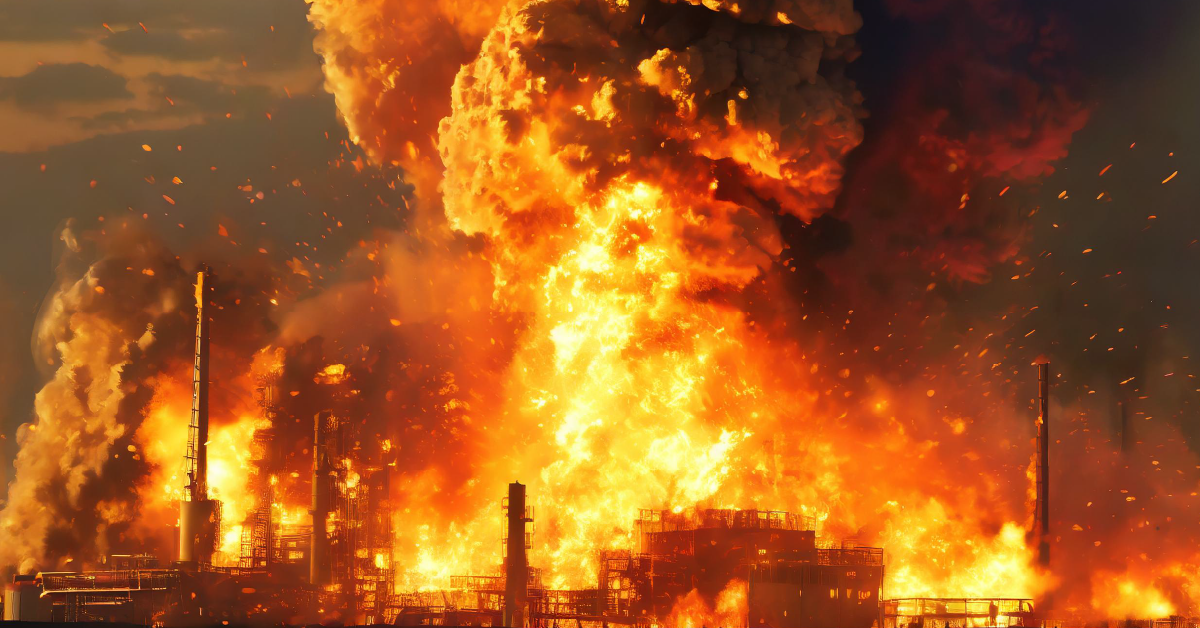Intensive Trainings
HSE and Process Safety
Calendar of Events
M Mon
T Tue
W Wed
T Thu
F Fri
S Sat
S Sun
0 events,
0 events,
1 event,
API 982 Refractory Inspector
Why Choose this Training Course RP 982 encompasses an extensive array of refinery equipment, including fluid solid units, fluid catalytic cracker units, reforming units, fired heaters, incinerators, sulfur recovery units, flue gas ducts, calcines, steam-methane reformers, hydrogen plant and transfer lines, cracker furnaces, boilers, and flue gas stacks. The refractory linings in these units serve…
2 events,
Human Factors Safety Critical Task Analysis (SCTA)
Why Choose this Training Course Human Factors is recognized as a key topic for addressing safety in the oil, gas, onshore chemical plants, pharmaceutical manufacturing and power generation sectors. What is Safety Critical Task Analysis (SCTA)? Task Analysis refers to the study of what actions and mental processes a person needs to perform to achieve…
0 events,
0 events,
4 events,
QRA Training: Revised Quantitative Risk Assessment Guidelines
Why Choose this Training Course Industries handling hazardous materials have to adhere to Quantitative Risk Assessment (QRA) guidelines. In Singapore, the revised QRA guidelines took effect on 1 April 2016. The QRA training is developed to compare the existing prevailing PCD QRA Guidelines and the new QRA Guidelines, to help the industries understand the potential…
HAZOP Training: Hazard Studies and HAZOP Team Leader
Why Choose this Training Course This is a 3-day HAZOP training course. HAZOP and Hazard studies are an essential part of effective process safety management and HSE risk management. This course covers various process hazard assessment (PHA) techniques that team leaders must understand and be able to apply as well as facilitation skills required to…
Human Factors Safety Critical Task Analysis (SCTA)
Why Choose this Training Course Human Factors is recognized as a key topic for addressing safety in the oil, gas, onshore chemical plants, pharmaceutical manufacturing and power generation sectors. What is Safety Critical Task Analysis (SCTA)? Task Analysis refers to the study of what actions and mental processes a person needs to perform to achieve…
Process Safety Leadership in High Hazard Facilities
Why Choose this Training Course This is a 3-days high hazard facilities training. The management of the risks associated with Health, Safety and Environmental, HSE threats to a business is becoming increasingly complex and as part of any credible global business, needs to be managed in a consistent, systematic manner. It is essential therefore that…
1 event,
Advanced HAZOP Masterclass
Why Choose this Training Course In this advanced HAZOP training course, the trainer will introduce numerous class exercises based on real life case to aid in delegates’ understanding of the topics throughout the course. Delegates will be firstly introduced to refresher topics of HAZOP such as bowties, swiss cheese and LOPA, the human factors and…
1 event,
0 events,
0 events,
1 event,
LOPA and SIL Determination
Why Choose this Training Course This is a 3-days LOPA and SIL training course. Layer of protection analysis (LOPA) is a semi-quantitative, order of magnitude, tool for analysing and assessing risk on a process plant used to evaluate the adequacy of existing or proposed controls (layers of protection) against known hazards to achieve tolerable risk…
1 event,
1 event,
0 events,
0 events,
0 events,
0 events,
0 events,
0 events,
2 events,
Gas Explosion Hazards, Fire Detection and Protection Systems Design for Oil and Gas
Why Choose this Training Course This gas explosion training course is designed to provide an insight into the major drivers into fire and explosion hazard risk, and the various methods of preventing and mitigating such risk. The course will discuss quantitative consequence analysis, such as vapor dispersion modelling, vapor cloud explosion modelling, fire modelling, and…
HAZOP Training: Hazard Studies and HAZOP Team Leader
Why Choose this Training Course This is a 3-day HAZOP training course. HAZOP and Hazard studies are an essential part of effective process safety management and HSE risk management. This course covers various process hazard assessment (PHA) techniques that team leaders must understand and be able to apply as well as facilitation skills required to…
0 events,
0 events,
1 event,
Gas Explosion Hazards, Fire Detection and Protection Systems Design for Oil and Gas
Why Choose this Training Course This gas explosion training course is designed to provide an insight into the major drivers into fire and explosion hazard risk, and the various methods of preventing and mitigating such risk. The course will discuss quantitative consequence analysis, such as vapor dispersion modelling, vapor cloud explosion modelling, fire modelling, and…








